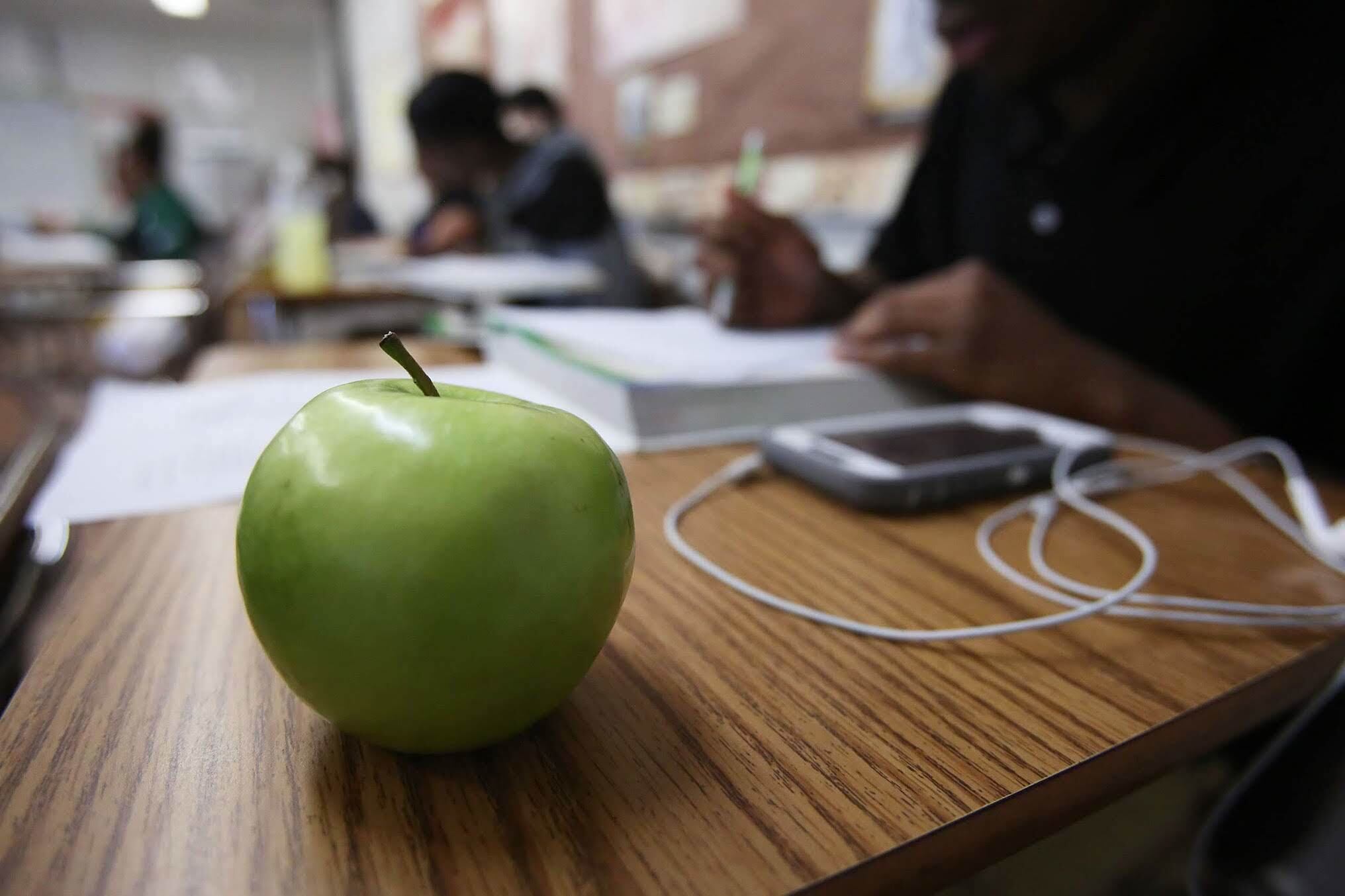The new job that’s considered key to advancing Tennessee’s school turnaround work won’t be filled any time soon after state officials abruptly halted the search for a superintendent to shepherd the state’s lowest-performing schools.
“While we had a strong candidate pool, we will not be filling this position at this time due to budget and other uncertainties,” said Victoria Robinson, spokeswoman for the Tennessee Department of Education.
The department plans to resume its search in August “when we expect to have a clearer path forward,” Robinson said this week when asked about the position.
The decision marks the second delay in hiring Tennessee’s first-ever statewide school turnaround superintendent in a state that has sought to be a leader in school improvement work. The pause suggests the education department won’t move quickly to restructure its Achievement School District, its initiative for trying to turn around Tennessee’s lowest-performing schools, since the new superintendent was to play a key role in the overhaul.
Last spring, the department paused its first search for a turnaround superintendent after the coronavirus pandemic hit, then picked it up again in the fall. Tennessee planned to present finalists in December to key stakeholders in the state’s school turnaround work, then make the hire soon after.
On Tuesday, the department relayed its decision to suspend its search to those stakeholders, including policymakers and charter leaders under the ASD initiative.
Bobby White, CEO of Frayser Community Schools, with three Memphis schools under the ASD, said his charter network’s day-to-day operations won’t be affected. “Nothing really changes for us because we’re professionals about getting the work done and doing what’s best for students and families,” he said.
Tennessee became a pioneer in turnaround efforts beginning in 2011 after winning a major competitive grant from the U.S. Department of Education that required a focus on improving chronically low-achieving schools.
The new superintendent is to play a pivotal role in deciding how to begin returning 27 ASD schools and 9,000 students to their districts in Memphis and Nashville. After nearly a decade of generally disappointing results in taking over struggling neighborhood schools and mostly assigning them to charter operators, Tennessee officials acknowledged last year that their most ambitious school turnaround model had fallen far short of its goals. They’ve promised a reboot under a revised model.
The superintendent also is to begin working closely with local districts statewide to support struggling schools at risk of state takeover.
Tennessee identified finalists out of 69 applicants for the job, but Robinson could not provide details. She said the decision to suspend the search stems from “uncertainties” ahead as the legislature prepares to take up numerous proposals related to K-12 education — not the quality of candidates.
“We are entering new budget and legislative sessions, and we need to have a clearer understanding of the budgetary or legislative impacts,” she said. “This is a big decision. We want to get this right.”

In the meantime, Lisa Settle will continue as the ASD’s interim superintendent, while the department has hired Robin Copp as assistant commissioner of school improvement.
A former Memphis charter school principal and founder, Settle has been an ASD administrator for five years and became interim leader last year. Copp has worked most recently as the state’s regional director of school improvement in East Tennessee.







